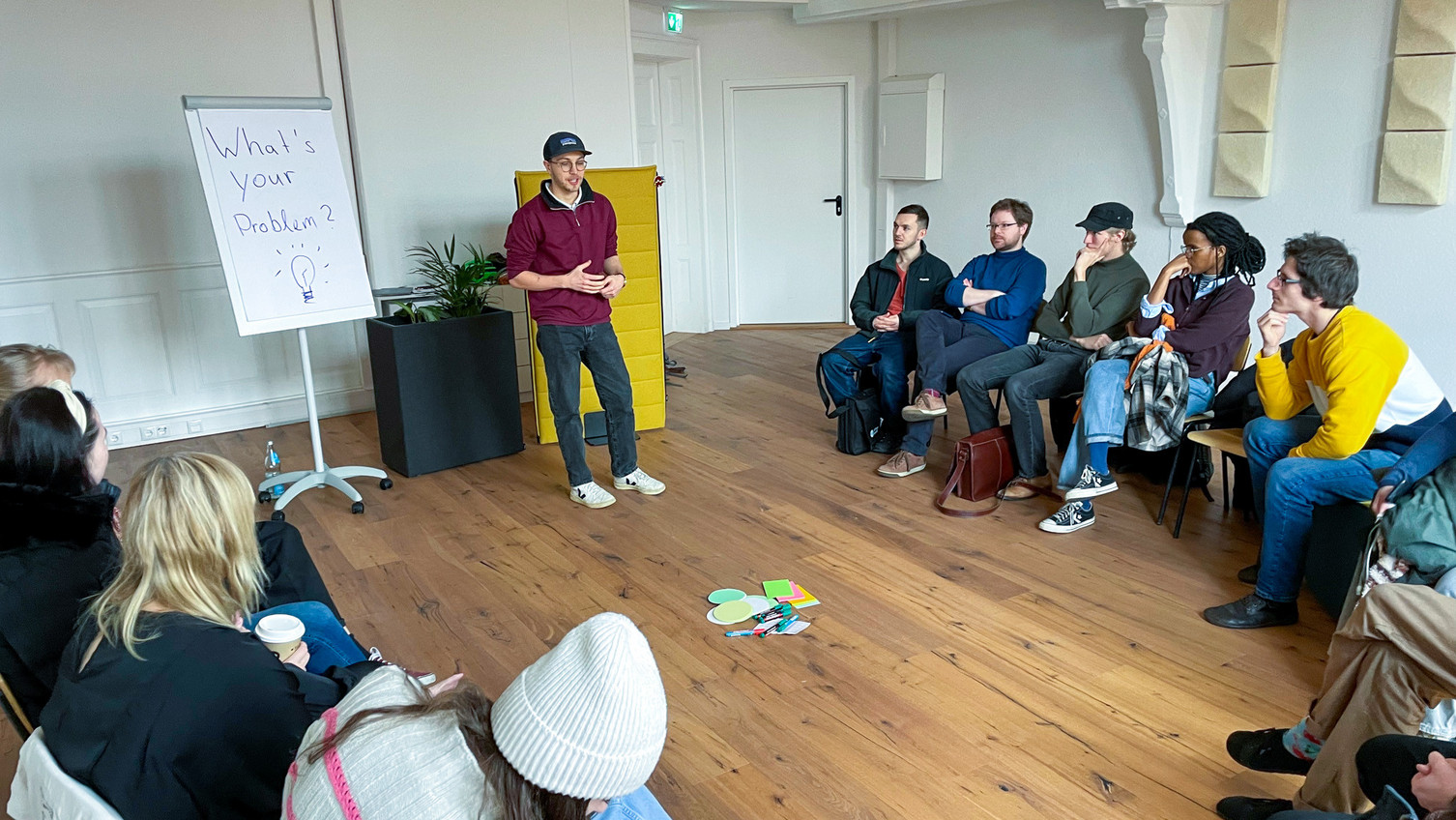Blended Multilogues in Higher Education
Train the trainer event on 24 September 2024
2024-06-03
The multilogue is a learning format that ventures beyond traditional classroom methods and the attached hierarchies. The core idea is to gather people and stakeholders – inside and outside of academia – that are affected by a given topic or problem, so they can share their expertise, opinions or simply their points of view in a learning environment. Multilogues focus on self- and project-based learning. They are open to diverse backgrounds and perspectives; they encourage critical thinking and community engagement. Creating “blended” or hybrid multilogues lowers the threshold to invite participants that would be unable to join in person. Yet, the blended nature poses a set of technological and organisational challenges.
The event “Blended Multilogues in Higher Education” on 24 September 2024 introduces you to the concept of Blended Multilogues. It guides you through the recommended steps to design a multilogue learning experience on your own, regardless of whether this is a single class, a week-long program, or a regular university course. Being a blended multilogue in itself, the event will be open for up to 30 participants on site. For participants joining online, 70 seats are available. There is no event fee, food and beverages will be provided free of charge to on-site participants. Travel and hotel costs, however, cannot be covered. The event will be taught in English, and international participants are welcome.
This train-the-trainer event is part of the project “Blended Multilogues: Enhancing Transformation and Innovation in Higher Education”, co-funded by the Erasmus+ program of the European Union. It is a collaborative effort by Trnava University (Slovakia), Leuphana University Lüneburg (Germany), Hochschule für Philosophie München (Germany) and the Newman Institute Uppsala (Sweden).
Further information on the date, time and venue, as well as registration details, can be found in the event entry Blended Multilogues in Higher Education.

